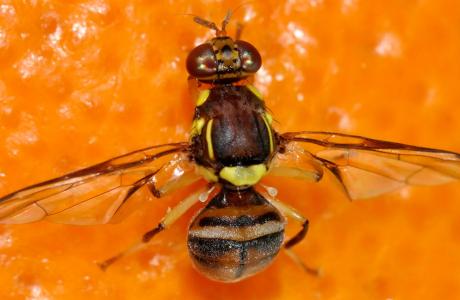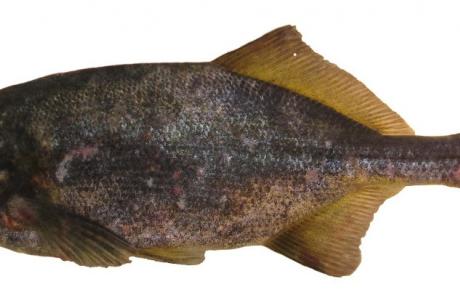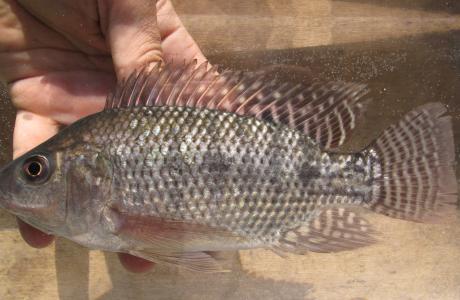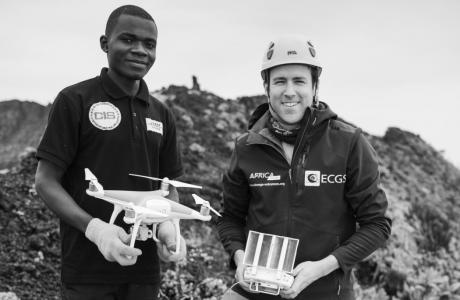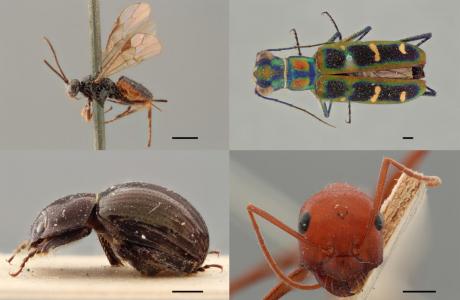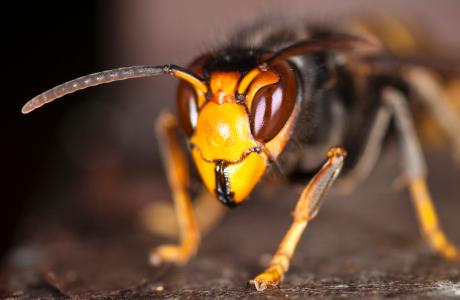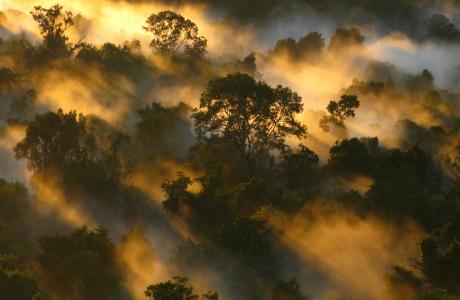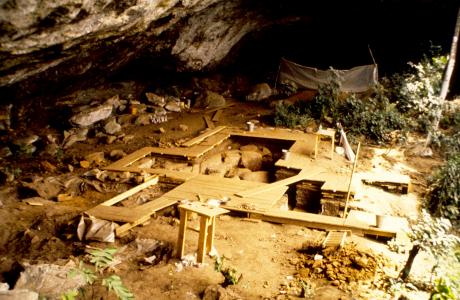Science news
- September 2020
A new international project will try to predict potential pests, produce reliable detection and identification tools and develop an innovative pest management system.
- July 2020
The Mbisa-Congo project contributed to a special issue of the Journal of Fish Biology with four articles, the first authors of which are all Congolese.
- June 2020
A team of Belgian, Congolese and French researchers revealed that the introduction of Nile Tilapia into the Congo Basin was accompanied by the introduction of eight parasite species. Of these eight species, three are now infecting native fish species. The team was able to do this by comparing fish specimens from the collections of the Royal Museum for Central Africa with recent specimens. Published in the journal Biological Invasions, their study illustrates the importance of natural history collections as windows on past environments.
- May 2020
The use of drones in science is increasing rapidly. Particularly in the field of volcano research and monitoring, drones offer unparalleled potential.
- April 2020
The importance of digitising museum collections became even more apparent during the closure of museums due to the COVID-19 pandemic. Digitisation experts Jonathan Brecko and Aurore Mathys (RMCA/RBINS) published a best practice handbook for 2D+ and 3D digitisation of natural history collections.
- April 2020
The RMCA archives containing data on geology and mining in Rwanda have been digitized and transferred to the latter. This transfer is part of a two-year collaboration between the RMCA and the national geological service of Rwanda to strengthen geological research in the country.
- March 2020
Scientists from the Royal Belgian Institute of Natural Sciences and the Royal Museum for Central Africa have published factsheets for dozens of invasive species that are of concern to Europe. These factsheets more specifically evaluate the relevance of genetic techniques to identify such species. The factsheets aim to inform policy makers and provide authorities with an identification tool.
- March 2020
The ability of the world’s tropical forests to remove carbon from the atmosphere is decreasing, according to a study tracking 300,000 trees over 30 years, published in Nature. The global scientific collaboration, led by the Royal Museum for Central Africa and the University of Leeds, reveals that a feared switch of the world’s undisturbed tropical forests from a carbon sink to a carbon source has begun.
- January 2020
Patricia Van Schuylenbergh, historian at the museum, has published the book Faune sauvage et colonisation. Une histoire de destruction et de protection de la nature congolaise (1885-1960).
- January 2020
Researchers at Harvard University have reconstructed the genomes of four skeletons. Two of them are about 8,000 years old and the other two, about 3,000 years old. The study provides insight into the diversity of distribution and differentiation in sub-Saharan Africa.
